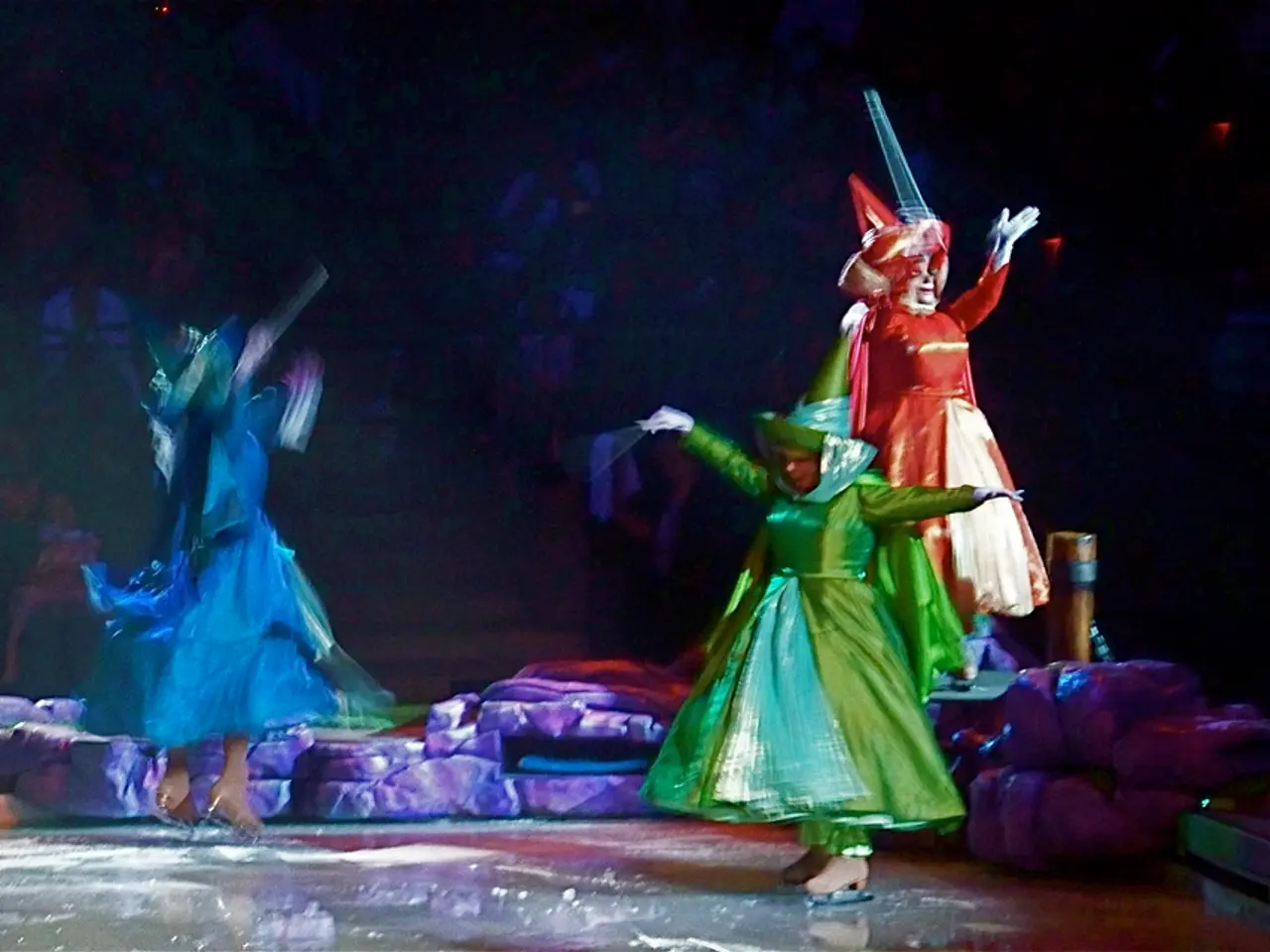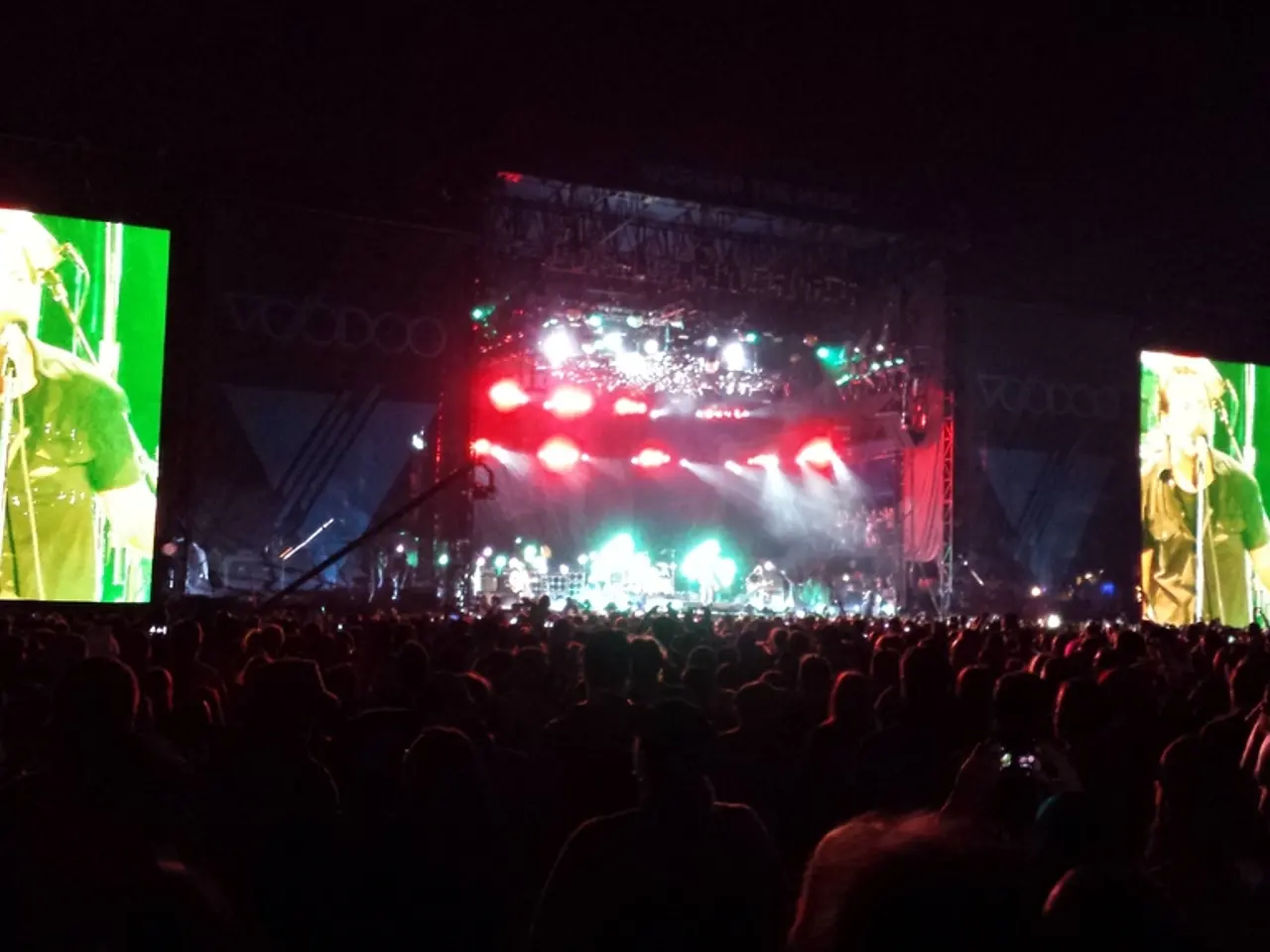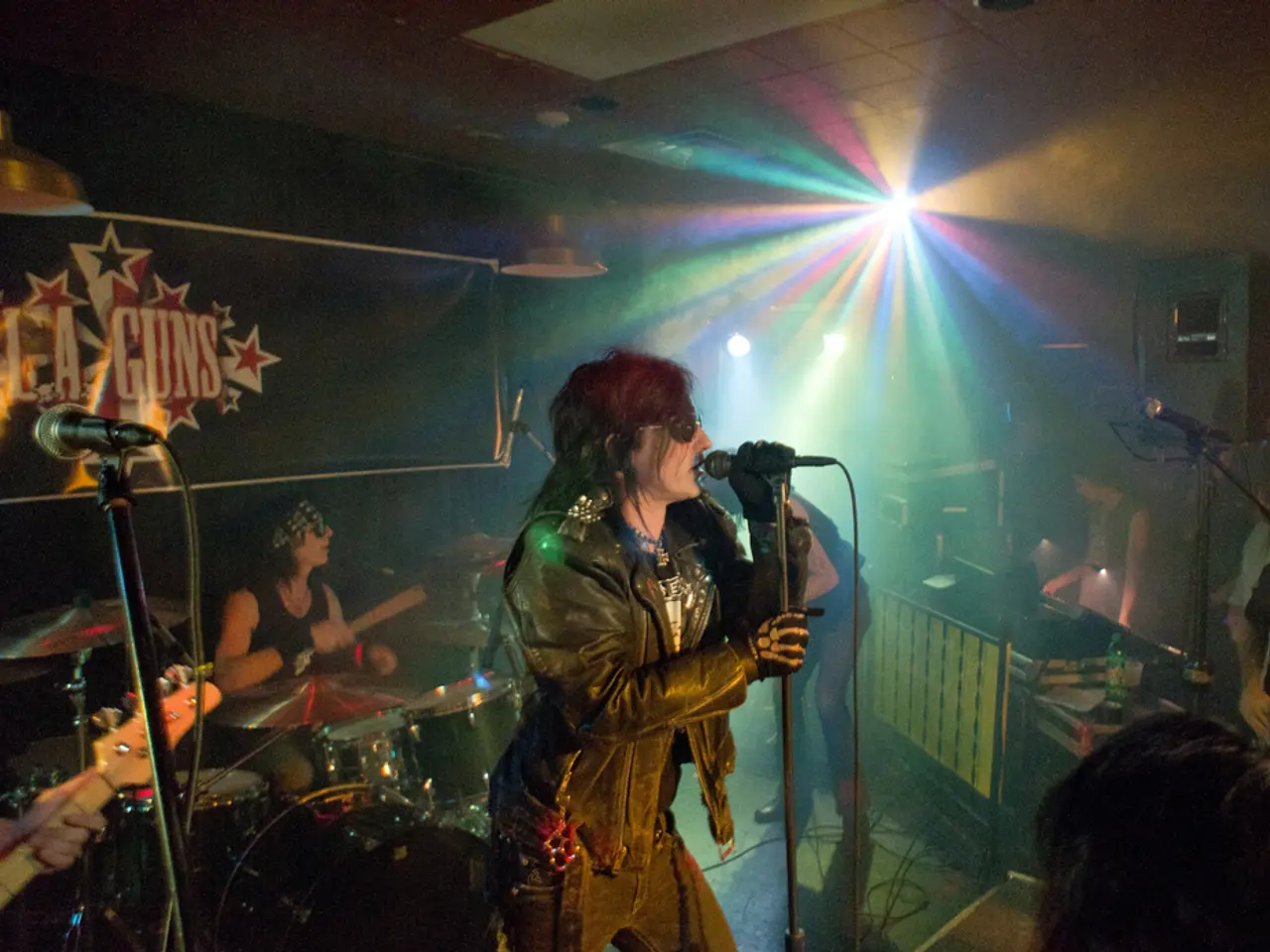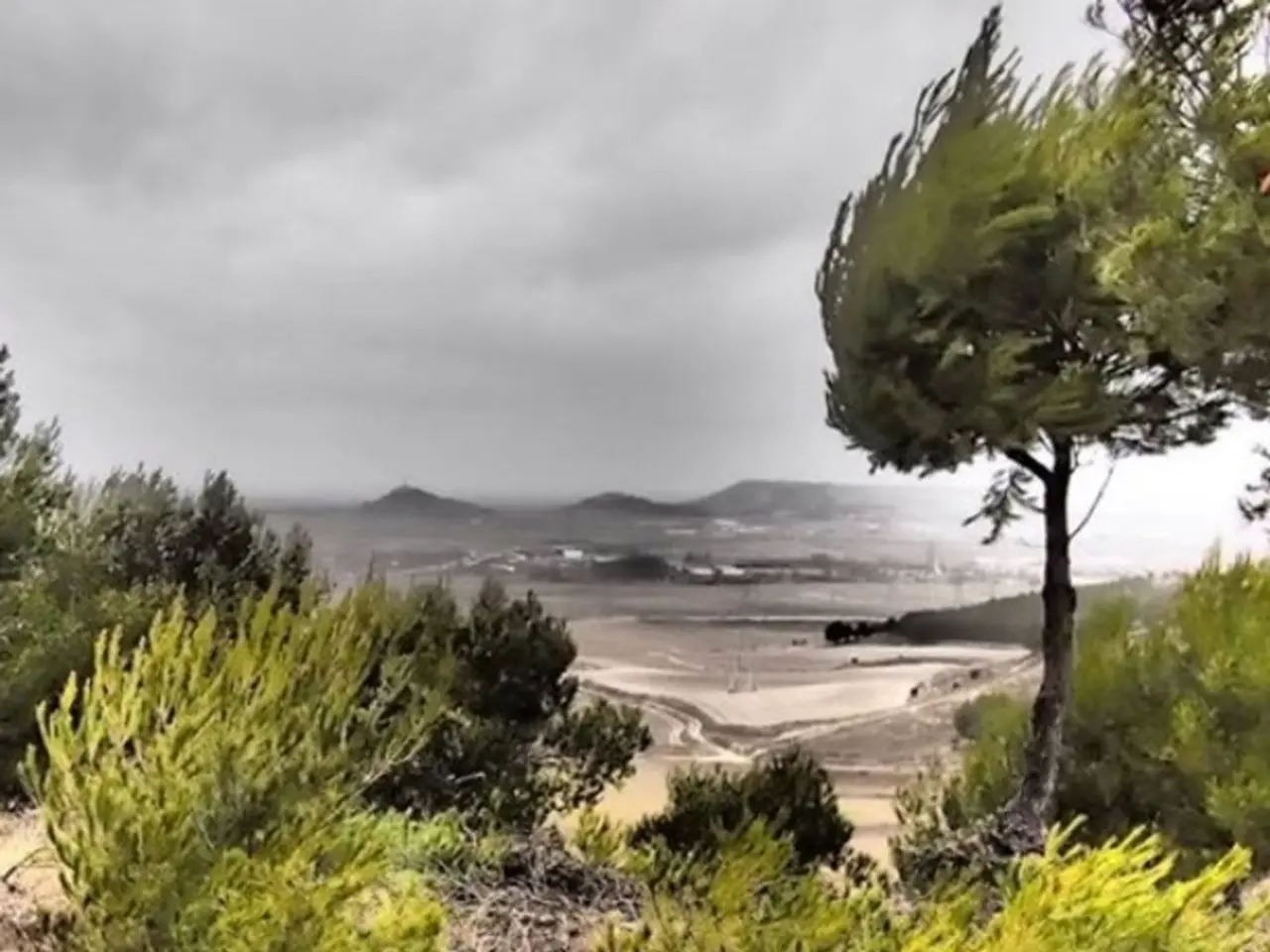Strict enforcement of formal attire at Milan's La Scala: Bans casual wear like shorts and flip-flops
The La Scala Opera House, a renowned temple of opera and classical music in Milan, has recently reinforced a stricter dress code, banning casual summer clothing such as shorts, tank tops, and flip-flops [1][2][3]. This crackdown aims to restore the decorum and respect traditionally expected at this prestigious venue.
Historically, patrons at La Scala were expected to wear formal attire, symbolizing the grandeur of the opera experience. Over recent years, enforcement of the dress code relaxed, leading to an influx of tourists occasionally attending in casual or sporty clothes [4][5]. In 2015, when the World Expo brought many tourists to Milan, La Scala introduced initial restrictions targeting casual summer attire, mainly to maintain comfort and respect for other audience members sharing the limited space in its 18th-century theatre [1][3].
Since early July 2025, the opera house has intensified the enforcement of its dress code by denying entry to anyone wearing shorts, sleeveless tops, or flip-flops, emphasizing that tickets will not be reimbursed in such cases [1][2][3]. Signs have been installed around the foyer and printed on tickets to clearly communicate these rules to patrons beforehand [1]. While there is no explicit rule mandating a jacket or tie, the venue encourages dressing smartly out of respect for the theatre and fellow audience members [1][3].
La Scala's spokesperson emphasized that the dress code is not intended to intimidate or exclude anyone. The opera house welcomes everyone and aims to make sure they feel comfortable. The intention of the dress code is to preserve a sense of appreciation for the art, performers, and fellow audience members. The decision to enforce the dress code aims to uphold La Scala's reputation and enhance the overall experience for all attendees [1].
The renewed focus on dress code has elicited mixed reactions. Some opera-goers appreciate the return to tradition and the respect for the venue’s culture. Others see the rules as a necessary measure to prevent discomfort in confined seating areas due to inappropriate attire from casual tourists. There is also the perspective that the rules strike a fair balance between welcoming audiences and maintaining decorum, without imposing extreme formalwear requirements [1][5].
In summary, La Scala has re-emphasized a smart dress code policy, particularly targeting casual summer wear, marking a return to the opera house's longstanding tradition of formal elegance and respect for the setting and audience [1][4].
- As a tourist visiting Milan, one may consider dressing with eco-friendly fashion-and-beauty choices to align with the city's growing focus on sustainability.
- The cultural significance of La Scala can extend beyond the opera house, as fashion-forward tourists might share their experiences on social media, contributing to Milan's evolving pop-culture scene.
- While attending cultural landmarks like La Scala, tourists should take time to explore nearby eco-friendly beaches, allowing them to immerse themselves in the Italian lifestyle and witness the harmonious blend of tradition and modernity.
- Prior to embarking on a tour of Milan, researching and understanding the city's tour destinations and their associated codes of conduct, like La Scala's dress code, can ensure a memorable and enjoyable experience for all tourists.
- By dressing smartly and respectfully for their visit to La Scala, tourists can document their entertainment-filled evening on social media, showcasing their appreciation for the opera and its role in Milan's rich history and contemporary culture.
- As entertainment venues around the world strive to maintain decorum and tradition, trends like La Scala's renewed emphasis on formal attire may influence other tourist destinations to reinforce their own codes of conduct, in turn upholding the integrity and value of these cultural institutions.






